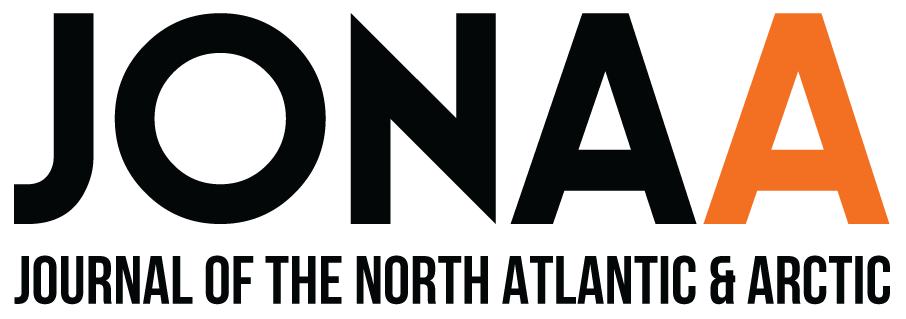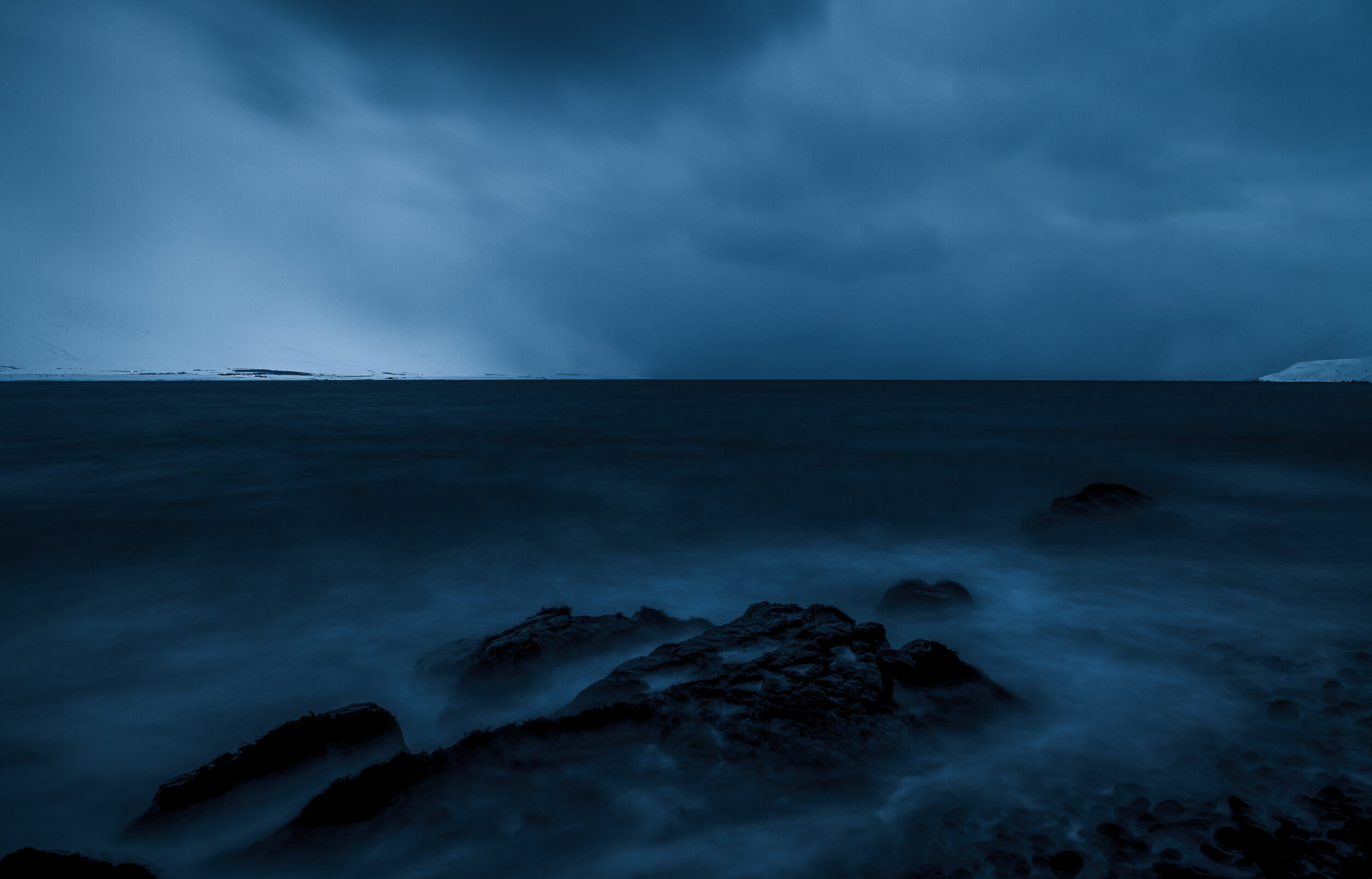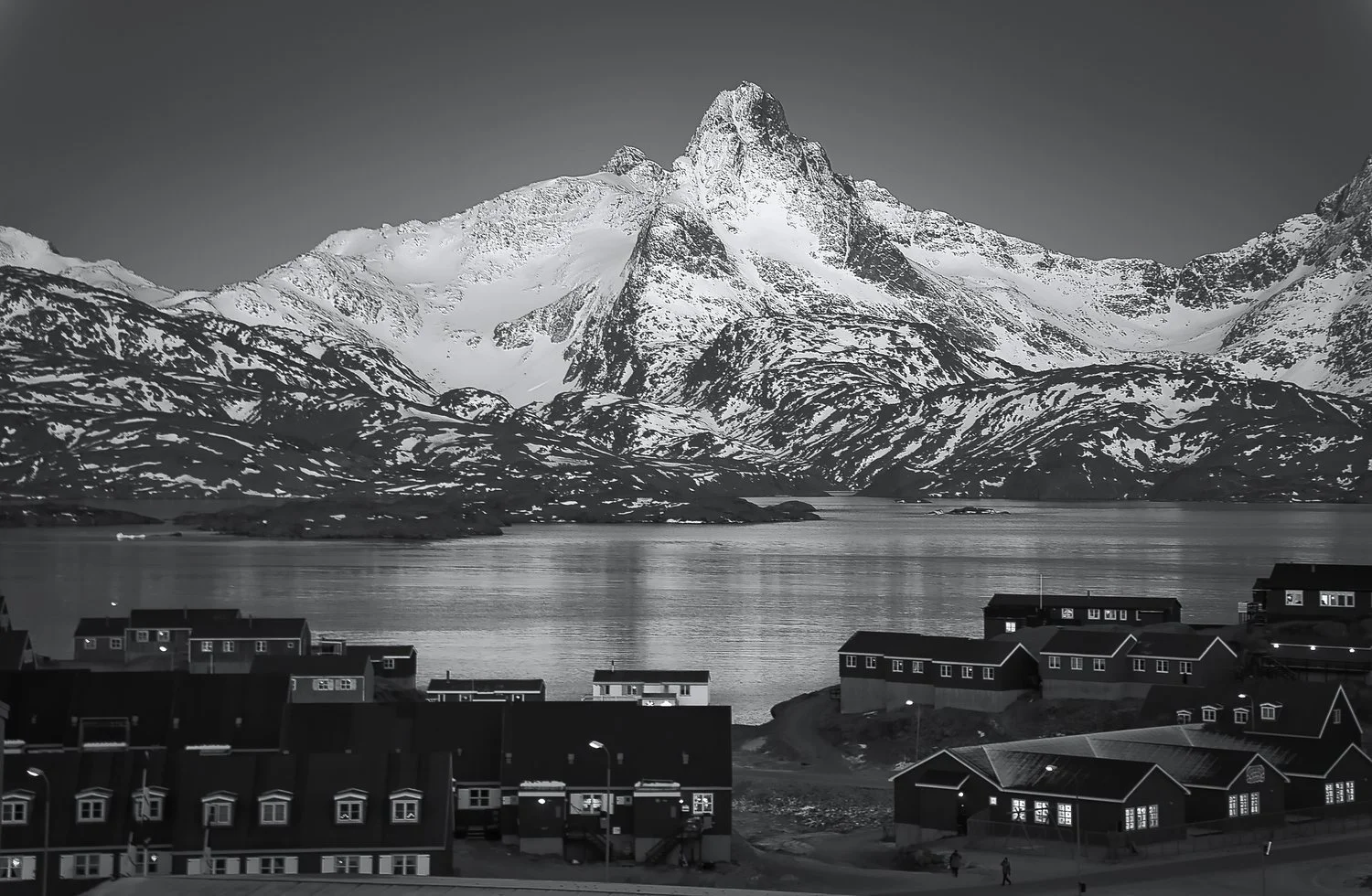Post-Coronavirus: A Mindful Economy?
It seems decades ago already. The free and easy way we lived; eating out and sitting at cafes looking forward to spring. Popping in at the weekend to see our elderly relatives, if we hadn’t booked a city break at that time. Oh those halcyon days of yore.
Yes, it seems like a paradise in retrospect. Almost full employment, High standards of living for the majority. The good life. The life we want to get back to. But how readily we forget the shadowy side to all that. The food banks, yes, and the homeless, sleeping rough, with mental illness, drugs, alcoholism, family breakdown, prison, service in the wars abroad, maybe all of these as contributory causes.
The climate too. Remember? Remember Greta Thunberg? The most famous young adult in the world, chiding us on doing too little about the biggest problem in the world.
Then Covid-19 came along.
The gig economy stopped. Leisure as an economic activity stopped. Travel as a sign of affluence and culture stopped.
And as the economy slumped, so too did the levels of pollution that are leading the planet into what is predicted to be catastrophic changes to weather patterns in every part of the world. So the scientists have been telling us for many years now, based on meticulously designed models, to give us the best understanding of worst, medium, and best cases scenarios of how the climate will affect our societies in the years to come.
Every part of the world. Scientific evidence. Models to try to understand unstable and unpredictable cumulative effects of something new to us.
The climate. Covid-19. Very different but very similar in so many ways.
Now we have had to crash our global economy in order to mitigate the deadly effects of this virus. Yet this is exactly what the climate scientists have been telling us we have to do in order to spare us from the worst of climate change.
I’m no scientist but I understand that more people will die as a result of climate change than of Covid-19. My understanding too, is that the economic impact of climate change is going to be far worse and far longer lasting than the awful impact of Covid-19.
Can we please as an intelligent, brilliant, and creative species, please add two and two together to connect these two attacks on our ways of life and our future? Right now our governments and scientists, doctors and nurses, carers and families, work together to try to ensure that we minimise the deaths from coronavirus, and try to find the combination of measures that will pull us out of the crisis altogether. That is wonderful.
But can we set another task for our scientists, economists, business thinkers, and philosophers? Try, in this tragic but opportune period when the economy has had to be forcibly reduced, to think through and come up with models for us as a species to move to a new economy when this crisis is over. The alternative is to return to the pleasurable but even more destructive one which has been temporarily halted.
Can we, in other words, start to sketch out a post-coronavirus, post-climate-change economy to take the place of this one that is temporarily on hold? I recognise the scale of the task. All those jobs that would be lost if we reduced our hedonistic joys, the ones we yearn to return to shortly? Where would all those people find jobs if the industries that most cause climate change were to be curtailed after the current crisis is over? How would our economies recover, especially in those countries which rely heavily on foreigners visiting for two weeks of sunshine in the summer, or for a cultural or alcohol-fuelled trip to one of the hundreds of beautiful cities in Europe or further afield?
If you instinct is to say we can’t do this; we have to go back to the way the economy was before the crash, then we are back to square one. Square One, I have to remind you was an image of all of us staring out at sea to the iceberg, and we are on the Titanic.
This is the lesser of two evils. We have an opportunity here, in the midst of this unholy disaster, to make our world better for us and our children and our children’s children. JONAA©Eythor Ingi Jonsson
To mix metaphors very badly, we found ourselves out of the frying pan into the fire, and are now desperately scrabbling to get back into the frying pan.
But whether your taste in metaphors is of drowning, freezing in choppy waters, or burning, the metaphors all end the same. It’ll be worse than this. Repeat: the scientific models say that if we go back to the economy we have paused, we will have worse results for real human beings, whether in China, South Korea, Italy, Spain or wherever. Climate change is a worse virus than Covid-19. Climate Change deserves as much radical, unprecedented action as the governments from the USA to New Zealand, and every country in between, are currently undertaking.
This is the lesser of two evils. We have an opportunity here, in the midst of this unholy disaster, to make our world better for us and our children and our children’s children. Will we take it? I long ago learned that to make predictions is the jobs of specialists and I am not a specialist. Moreover making predictions is also the passionate hobby of fools, and I am trying not to be a fool. I am only trying to say that we have a chance to change things radically because of this mess, and if we do, and get it right, my children and your children will be spared much worse than what we are currently facing.
May you and your loved ones and friends all be safe through these difficult times. ▢
Martin Stepek is a member of the JONAA team in Scotland, a founding member of JONAA and sits on JONAA’s board. A Scot with Polish heritage, a Mindfulness teacher, poet, published author, columnist on Mindfulness (Ten for Zen and the Sunday Herald) and the Chief Executive of the Scottish Family Business Association.
















